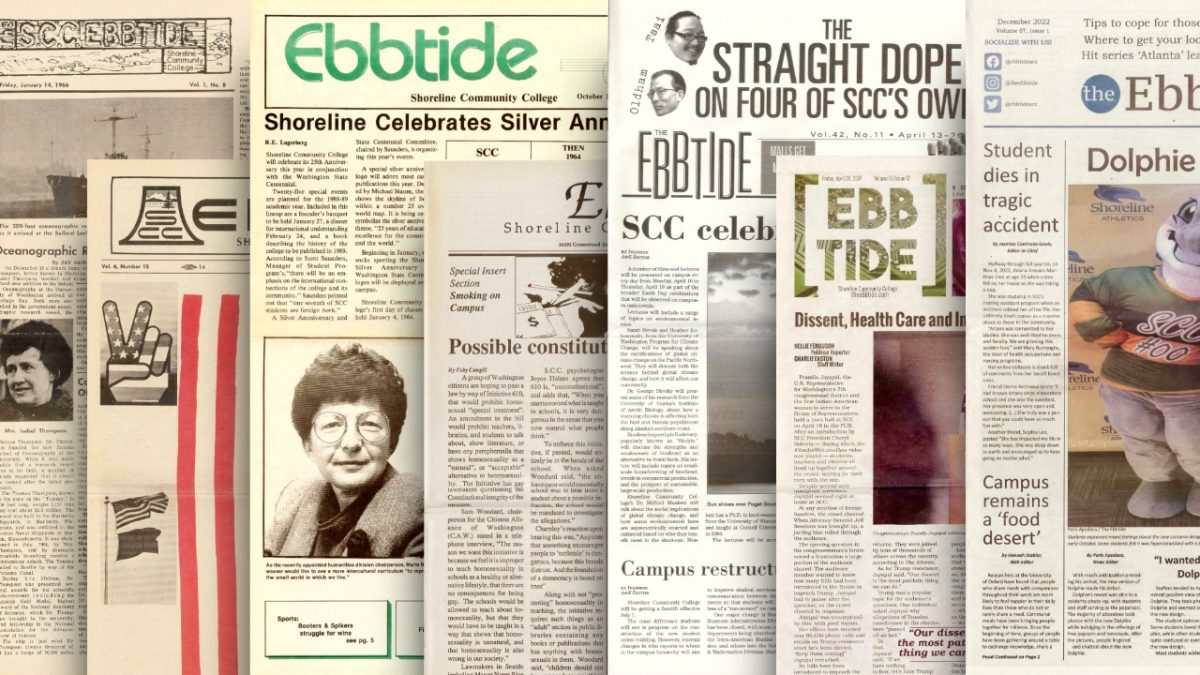TRANS LIFE IN HAWAII
All over campus, signs read “You are welcome here” and that includes LGBTQ people.
The award-winning film, “Kumu Hina,” shows how universal acceptance was the norm in traditional Hawaiian culture and how this tradition is being restored in Hawaii today.
“Kumu Hina” documents the life of Hina Wong-Kalu, a transgender woman — or māhū — who is a teacher and director of culture at a Honolulu public charter high school dedicated to reclaiming Native Hawaiian culture.
The film shows Wong-Kalu coaching a troupe of mostly male students practicing for an end-of-year performance involving Hawaiian chanting and hula.
In a dramatic moment during the film, Ho‘onani, “a girl who likes to stand with the boys,” wins the role of leader.
Māhū is the Hawaiian term for “the rare person” who embodies both male and female spirits — “the person in the middle.”
In traditional Hawaiian culture, the māhū is given a special place of honor as a healer and keeper of ancient ways.
However this acceptance of māhū people has been suppressed since Christian missionaries arrived in Hawaii 200 years ago and attempted to eradicate sacred traditions, including the ancestral Hawaiian language and the supposedly “lascivious” hula, according to hawaiihistory.org.
Wong-Kalu and her school are “dedicated to using Native Hawaiian culture, history, and education as tools for developing and empowering the next generation of warrior scholars.”
After the showing of “Kumu Hina” in the PUB, a discussion will be led by Michelle Kleisath, who teaches multicultural studies at SCC.
“I started the Queer Film Series four years ago because I didn’t see queer stories being told on campus,” Kleisath said.
“What I really appreciate about the film, ‘Kumu Hina,’ is how complex it is,” Kleisath said, “and that it explores different facets of (Wong-Kalu’s) life — the stresses she faces as a teacher and the complex ways she has to deal with sexism in her relationship with her husband.”
Kleisath said it is “difficult and important” to see how a person who transitions from male to female experiences a loss of male privilege and “must deal with issues of sexism as well as transphobia.”
However, at the end of the film, Wong-Kalu said, “I’m fortunate to live in a place that allows me to love who I want to love. I can be whoever I want to be. That is what I hope most to leave with my students, a genuine understanding of unconditional acceptance and respect. To me, that’s the true meaning of Aloha.”
Anyone who wants “to pledge allegiance to the True Aloha,” can do so at kumuhina.com. The pledge says, “I believe that every person should be free to express what is truly in their heart and mind, whether male, female, or in the middle.”
As Wong-Kalu said, “A māhū is an individual who straddles somewhere in the middle of the male and female binary. It does not define their sexual preference or gender expression. … It is dynamic. It is like life.”
”Kumu Hina” will be shown at 12:30 p.m. on May 7 in Room 9208 in the PUB.
If you are unable to attend, it is also available for streaming on Netflix.
By Leeliza Owenz,
Staff Writer






